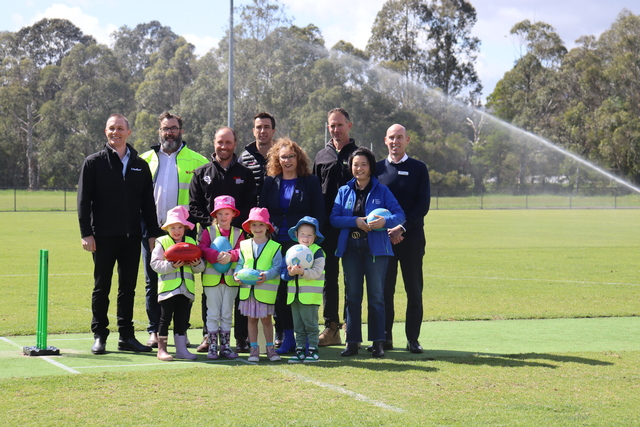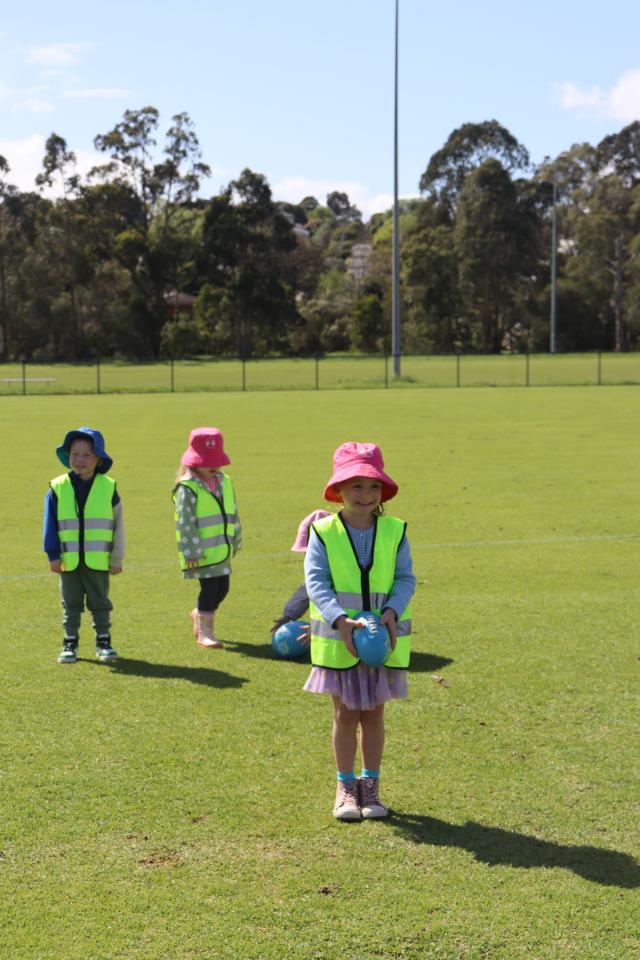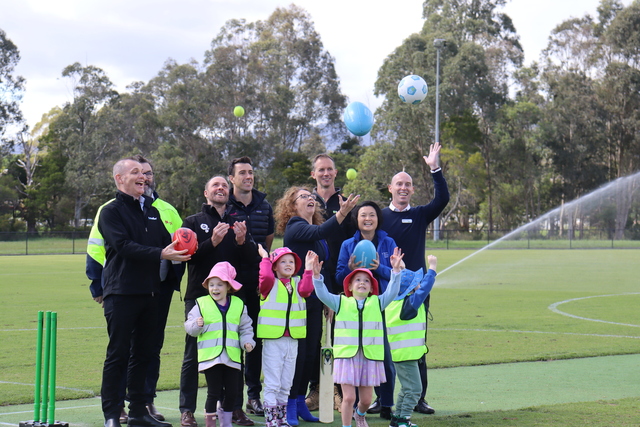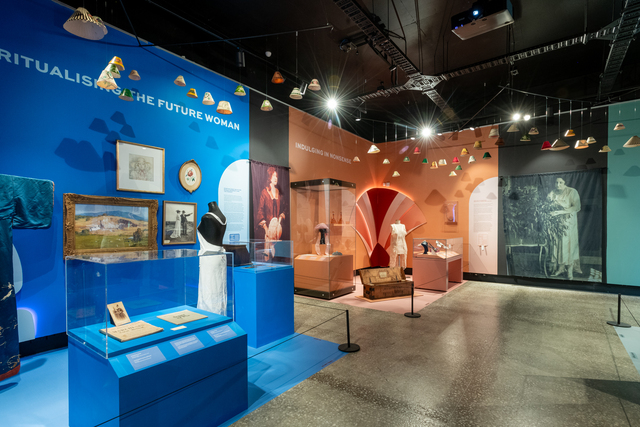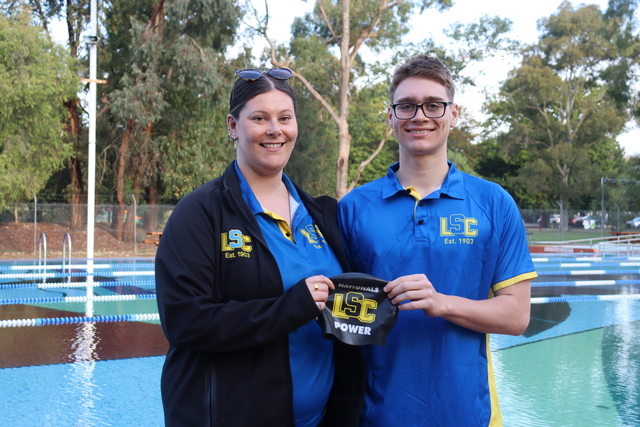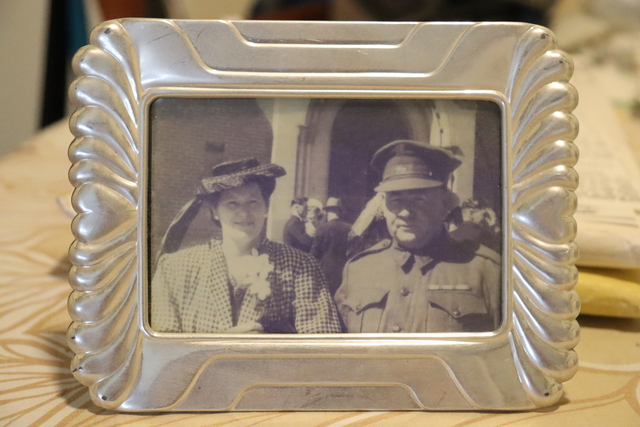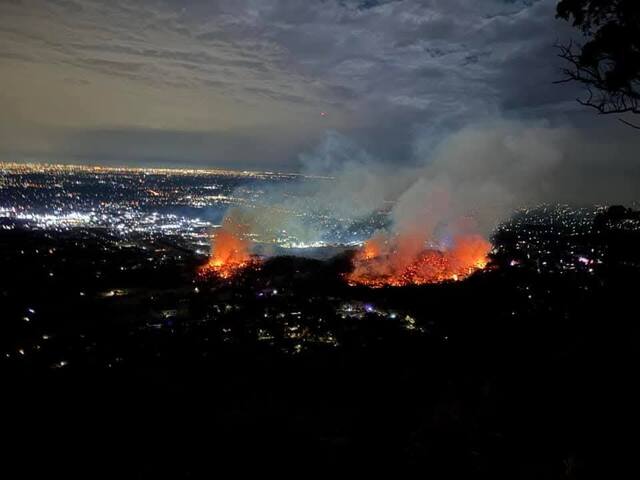Aiming to offset the millions of litres of drinking water used during major construction works, the completion of a recycled water system at Croydon’s Barngeong Reserve achieves just that.
Believed to be an Australian first, Yarra Valley Water partnered with the Level Crossing Removal Authority and Maroondah Council to bring this pilot project to fruition.
The newly installed 300m water main will deliver high quality recycled water to the reserve as part of an irrigation system, keeping the oval green, lush and healthy throughout the year.
Yarra Valley Water chief financial officer Natalie Foeng, acting on behalf of managing director Pat McCafferty, said this was a milestone for the utility company at the launch event on Tuesday 8 October.
“We’re celebrating the completion of the recycled water main component and this beautiful reserve,” she said.
“It is part of the recycled water offsets pilot project that Yarra Valley Water has initiated, and it’s a really important one for us because it really stands for doing a lot more for climate change and the challenges that we’re leading into and face in the near future.
“We know that with climate change, our weather and our climate is getting a lot drier, it’s getting a lot warmer, it’s getting more erratic and projects like these are a great example of how water corporations can really lead in the challenge in a very innovative and different way.”
Mr McCafferty too said that planning for the future and the changing climate would be essential to ensure water stocks for all aspects of community life.
“This pilot is part of a longer-term road map to conserve water. We need to adapt to our changing climate and increased demand for water – so we can continue to support local communities and ensure we have water for environmental, cultural and recreational use,” he said.
It’s estimated this project alone will offset 15.5 million litres of drinking water used during the construction of four level crossing removal projects over five years – equivalent to more than six Olympic-sized swimming pools.
“We know that water plays a really important role in construction and we have a lot of construction in Victoria at the moment. We use it for dust suppression, we use it for landscaping and irrigation and the like,” Ms Foeng said.
“And we know when we do that in construction, typically, it’s the use of potable drinking water, the really good quality drinking water.
“So offset programs like this one are a great opportunity to really negate and offset the negative effects that were taken from the natural environment.”
Northeast metropolitan region MP Sonja Terpstra said not only was this project working to safeguard water supply and drinkable water, it was also working to keep local sport thriving.
“We know through the impacts of climate change that water is absolutely a finite resource. [Recycled water] plays a key role in diversifying our water sources, as we can no longer solely depend on our catchments to meet Melbourne’s water needs,” she said.
“People love their sport, so to be able to then take care of an oval with a recycled water project like this, and what it will mean to the community to have better playing surfaces, these sorts of projects are really going to future proof, hopefully some of these ovals as well.”
Being a pilot project there’s hope this can be rolled out across the state and even the country to expand recycled water infrastructure and diversify water sources.
“It’s important to invest in sustainable sources of recycled water now so that current and future generations can benefit from secure water supplies and healthy environments,” Ms Terpstra said.

